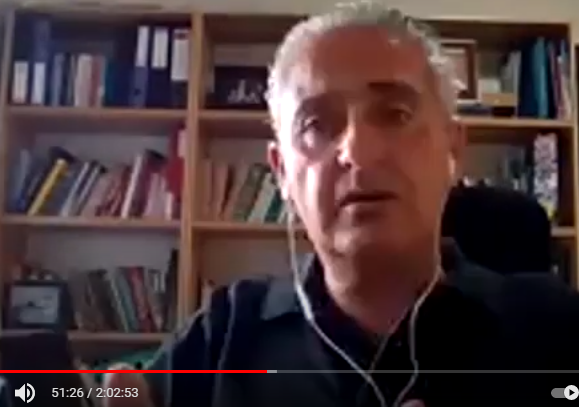Fintech as a Data Empowered Industry
Financial Technology (FinTech for short) grew significantly after the great recession in 2008 when traditional financial institutions and practices could not withstand the 4th industrial revolution and the emerging market dynamics. Both digital transformation and the aftermath of the Covid19 pandemic helped disrupt and transform the financial services industry not only to reform the financial sector and increase inclusion, but also as a resilience strategy in the face of unseen developments and issues related to financial transactions.
In a recent Worldbank overview (https://www.worldbank.org/en/topic/fintech), FinTech is creating new opportunities and challenges for the financial sector – from consumers, to financial institutions, to regulators. An early example of a successful FinTech application powered by data is the M-Pesa (https://en.wikipedia.org/wiki/M-Pesa) which is a branchless banking service in Kenya operated through mobile networks.
Data is at the core of Fintech operations - from open banking to digital and crypto currencies powered by Blockchain and other peer-to-peer services. As Fintech bypasses the traditional financial intermediaries like banks and capital markets, it is viewed as an efficient mechanism of financial inclusion - especially for marginalized groups. Transaction cost is also lower with more options, products, services and opportunities for developers and entrepreneurs.
To raise awareness and explore FinTech opportunities and challenges in Palestine, the Center for Continuing Education at Birzeit University organized two webinars and invited experts and stakeholders from the field. Despite the restrictions and limitations in the market (practically still under occupation without a national currency), FinTech could solve some related intrinsic issues like inward and outward payments, local online purchases and micropayments. Financial inclusion in Palestine is low (around 35% compared to the world average of 67%) but there is widespread use of smart mobile devices with 3G enabled in the West Bank only.

Panelists introduced the concept of FinTech and highlighted the needs and opportunities in addition to challenges (https://www.youtube.com/watch?v=vjA-PA9pFZ0). Among the main impediments is the absence of adequate and clear policies and regulatory frameworks. Some of the direct consequences of this situation are the inability of freelancers to receive payments (or using risky workarounds, especially in Gaza) and implementing locally developed FinTech solutions outside Palestine. Under pressure from the private sector, the Palestinian Monetray Authority (acting as a central bank) provided sandboxed environments to help startups (and existing companies) try their own FinTech products and services. A number of providers are now licensed (https://www.pma.ps/en/Control-of-financial-sector/Payment-Service-Companies-Directory) as digital wallets or electronic payment providers. The Government is also in the process of enabling e-payments for selected services as a pilot phase of the e-services. Both open and closed wallets are examples of FinTech applications and both are used in Palestine and in both cases, data empowers the whole process not only at the data exchange level but also by using data analytics, machine learning and AI.
Regarding traditional banking challenges, the panelist from Worldbank mentioned cost (ex. Marginalized or hard-reach areas), identification (know your customer), maintenance fees (for small accounts) and trust. Apart from trust, these are FinTech opportunities provided data access is guaranteed as FinTech need not bundle services and banks can still provide the backend. Several MENA countries are embracing FinTech including UAE, Bahrain, Saudi Arabia and recently Egypt and Jordan. Global efforts are also targeting the region with Shari’a compliant products.
Security and ethics were two important issues (also linked to regulation which is usually slower than innovation) as data exchange becomes the backbone of financial transactions and both hackers and criminals could manipulate the technology for evil practices. Data governance and responsible use of data products and services (ex. AI) wil be a major component in the FinTech landscape.
On the awareness front, it was suggested that FinTech be taught at the local universities in addition to research in that field.

